Meat is an incredibly nutritious food, packed with essential nutrients and high in protein. It is broadly categorized into red meat and white meat. Red meat includes pork, beef, goat, and lamb, while white meat consists of poultry and fish.
Each type of meat boasts a unique nutritional profile, but which one is the healthiest and most nutritious? Let’s delve into the details with Bach Hoa XANH!
1 Nutritional Content of Different Meats
Pork
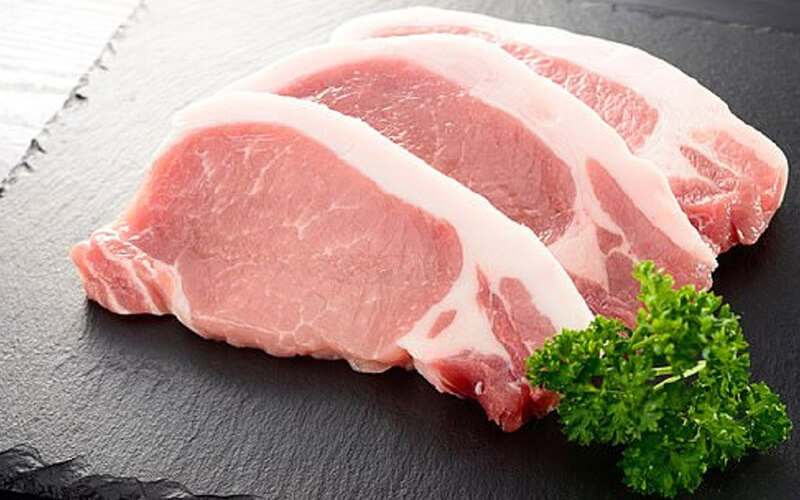 Pork
Pork
Pork is a staple in Vietnamese cuisine, largely due to its affordability, versatility, and relatively lower cost compared to other meats. It is also a rich source of essential nutrients.
For instance, 100g of pork (half lean, half fat) contains approximately 260kcal, 21.5g of fat, and 19g of protein. Additionally, pork is a good source of minerals and vitamins, including 340ng of selenium, which supports neurological health and helps prevent issues like stroke, hypertension, and osteoporosis. This makes it an excellent choice for older adults.
However, due to its high energy content, excessive pork consumption can lead to weight gain. It is important to maintain a balanced diet and engage in physical activity to counteract this effect.
Chicken
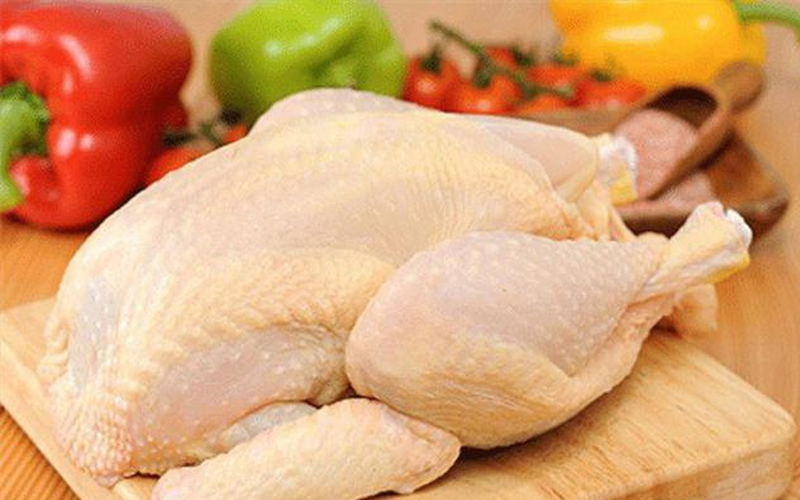
Chicken is a popular choice among health-conscious individuals, especially those looking to lose weight or build muscle, thanks to its high protein and lower fat content.
Nutritionally, 100g of chicken provides about 199 kcal, 13.1g of fat, and 20.3g of protein. Its high protein and lower fat content make it a staple in weight loss diets. Furthermore, chicken is rich in vitamins such as B3, B6, B12, and C, as well as selenium, all of which contribute to a stronger immune system.
Chicken also contains phosphorus, which is essential for bone health and helps reduce the risk of cardiovascular issues, stroke, and blood clotting disorders.
Duck
Duck meat is characterized by its high fat content, making it ideal for those aiming to gain weight. It is also a good source of essential vitamins, including potassium, vitamin A, iron, and B6.
Nutritionally, 100g of duck meat provides approximately 267kcal, 21.8g of fat, and 17.8g of protein. Therefore, if you’re aiming to lose weight, it’s best to limit your duck consumption.
Duck meat is particularly rich in copper, which is essential for maintaining a healthy cardiovascular system and preventing premature aging. Additionally, 100g of duck meat contains a substantial amount of vitamin A (270ug), contributing to enhanced vision and a stronger immune system.
Beef
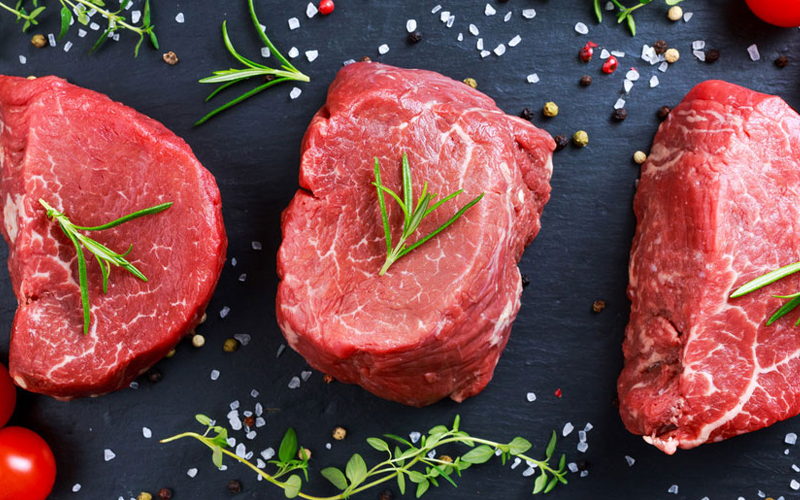
Beef is a widely consumed red meat, known for its sweet, natural flavor and high nutritional value. It is particularly rich in iron, which is essential for blood health and preventing anemia. Additionally, its low-fat content makes it a weight-friendly option.
In terms of nutrition, 100g of beef provides approximately 182kcal, 10.7g of fat, and 21.5g of protein. The high protein content in beef plays a crucial role in boosting immunity, enhancing muscle tone, and aiding weight loss.
Beef is also an excellent source of vitamin B12, which is crucial for red blood cell formation and preventing anemia. It is particularly recommended for pregnant women to ensure adequate B12 intake. Additionally, beef contains other beneficial nutrients such as zinc, copper, and vitamins B1, B2, and B5.
Fish
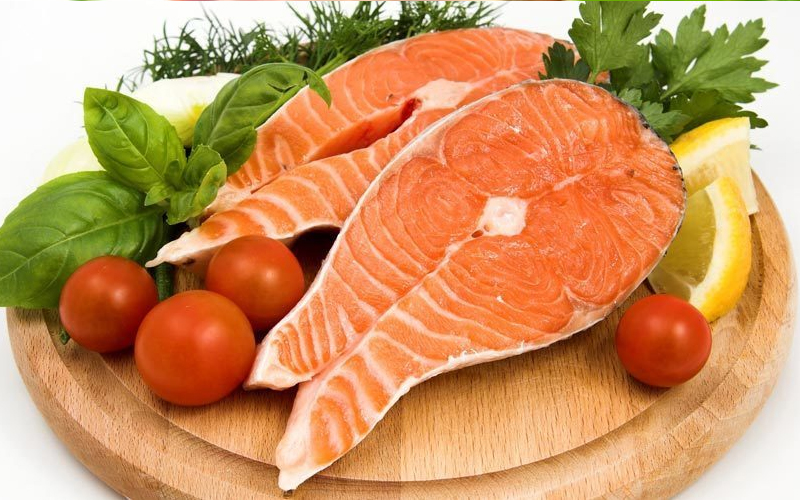
Fish is a popular and nutritious food, offering a range of health benefits that set it apart from other meat sources.
Generally, fish is low in calories, rich in protein, and contains beneficial fats. Notably, fish is a source of omega-3 fatty acids, which are essential for human brain development and play a vital role in cellular communication. These healthy fats also reduce the risk of stroke and cardiovascular disease.
Additionally, fish is low in cholesterol, making it heart-healthy and immune-boosting. It is also a good source of essential vitamins, including vitamins A, D, E, and K, as well as zinc and calcium. Certain types of fish, such as salmon, are known for their high calcium content, which contributes to stronger bones.
Goat

Goat meat, although somewhat expensive compared to other meats, is highly nutritious and offers various health benefits. It is also a delicacy in many parts of the world, with dishes like mountain goat from Ninh Binh being particularly famous.
Nutritionally, 100g of goat meat contains approximately 122kcal, with only 4.3g of fat and a substantial 20.7g of protein. This makes it an excellent source of energy and a powerful immune booster.
Goat meat is rich in minerals like copper and potassium, which support cardiovascular health and strong bones. It is also a good source of zinc, an essential mineral for DNA synthesis, making it beneficial for pregnant women to ensure adequate zinc intake for their developing fetus.
Additionally, goat meat contains a range of vitamins, including vitamins A, C, B1, B2, and B12, which contribute to overall health and well-being.
Lamb
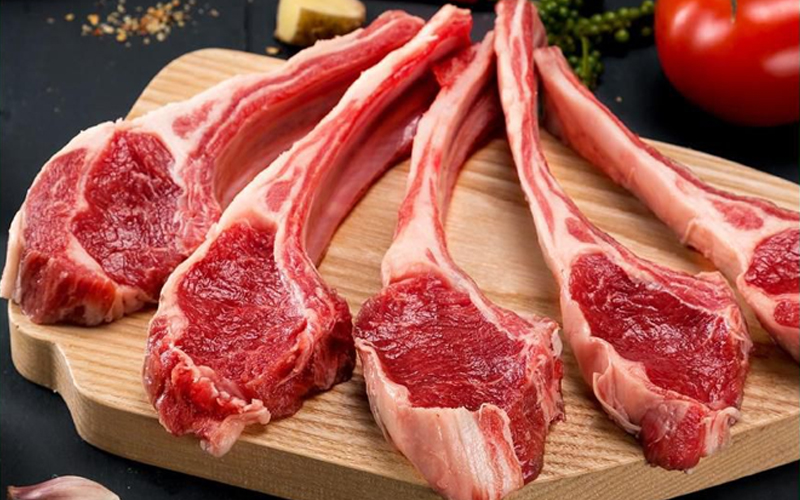
Lamb is a delicacy often served in upscale restaurants due to its delicate flavor, tenderness, and high nutritional value.
In terms of nutrition, 100g of lamb provides about 219kcal, with a relatively high fat content of 17g and 16.4g of protein. This makes it a suitable choice for those aiming to gain weight.
Lamb is particularly rich in iron, which is essential for red blood cell production and oxygen transport during respiration. It also plays a crucial role in brain development in children.
However, lamb has a high cholesterol content, which can be detrimental to cardiovascular health. Therefore, individuals with heart-related conditions should consume lamb in moderation.
Venison
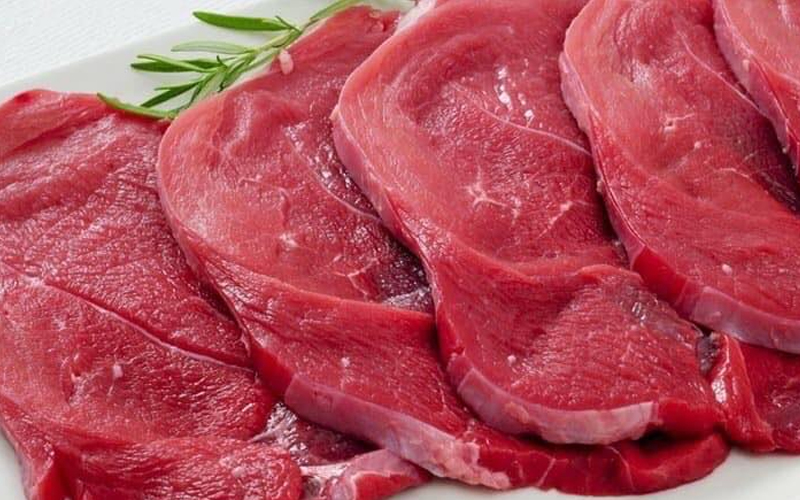
Venison, or deer meat, is a less common but highly nutritious meat option. Its unique flavor and health benefits have made it a sought-after delicacy.
Nutritionally, 85g of cooked venison provides approximately 159kcal, with only 7g of fat and a substantial 22.5g of protein. This makes it an excellent choice for those looking to build muscle and increase metabolism. Additionally, venison is rich in iron, zinc, and phosphorus, which contribute to blood health and enhanced immunity.
2 Which Meat is the Healthiest?
According to nutritionist Janese Laster, fish is considered the healthiest option due to its low-fat content and high protein levels. Other meats, such as pork, beef, duck, and lamb, tend to have higher levels of saturated fat, which can contribute to high cholesterol levels.

The protein content in these other meats is also significantly higher than in fish. Excessive protein intake can lead to cardiovascular issues, an increased risk of stroke, and digestive problems. It is also a contributing factor to gout, a painful condition with potentially serious complications.

Fish is particularly beneficial for cardiovascular health due to its low cholesterol content. It is also a source of omega-3 fatty acids, which have a range of health benefits, including improved heart health, memory, skin, and eye health.
However, it is important to maintain a balanced diet and consume a variety of meats. As PGS.TS Nguyen Duy Thinh, an expert from the Institute of Biotechnology and Food Technology at Hanoi University of Science and Technology, states: “Each type of meat has its unique nutritional profile, and a healthy individual should aim for a diverse diet to ensure adequate nutrient intake. Adjustments can be made based on specific health conditions.”
3 Important Considerations When Consuming Meat

If you have cardiovascular concerns, it is advisable to limit your consumption of red meat due to its high saturated fat content, which can contribute to high cholesterol levels and increase the risk of cancer.
For those with digestive issues or constipation, chicken may not be the best choice.
Individuals with gout should consider replacing animal-based proteins with plant-based sources to improve their health.
Lastly, ensure you get enough vitamins and minerals from plant-based sources, and maintain a balanced diet with moderate meat consumption. This will ensure your body receives all the essential nutrients it needs.
We hope this comprehensive overview of the nutritional content of various meats has provided you with valuable insights. Remember to plan your meals wisely to maintain a healthy and balanced diet.





































